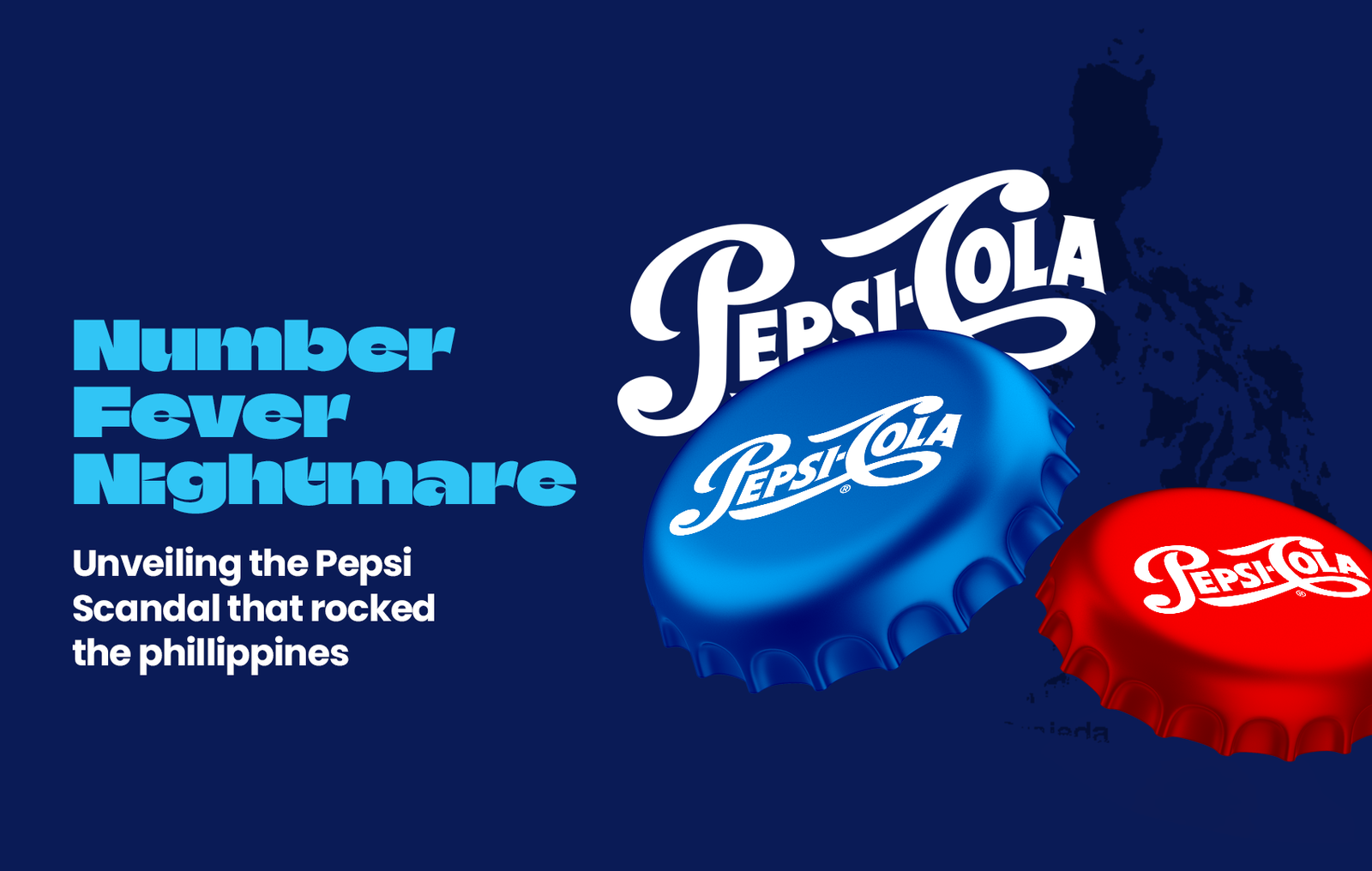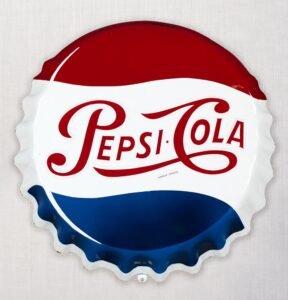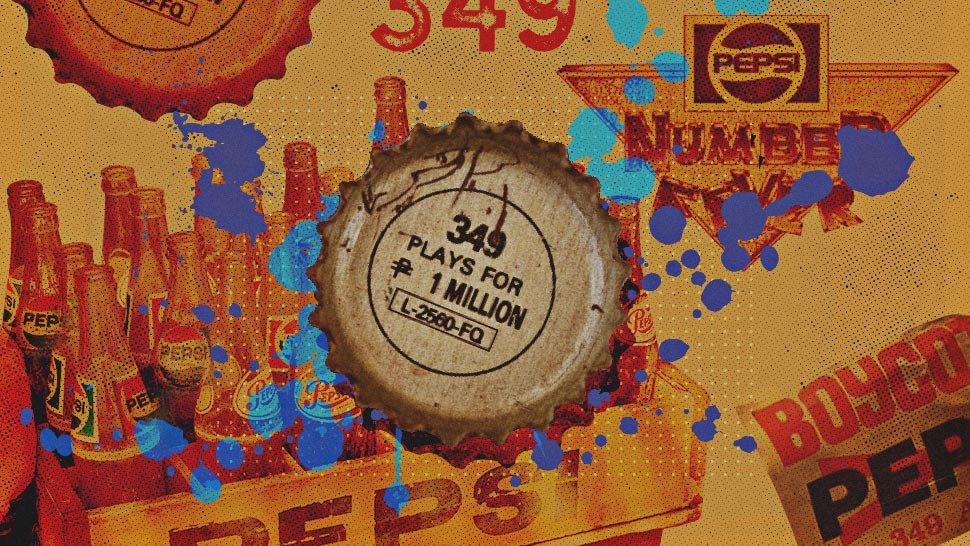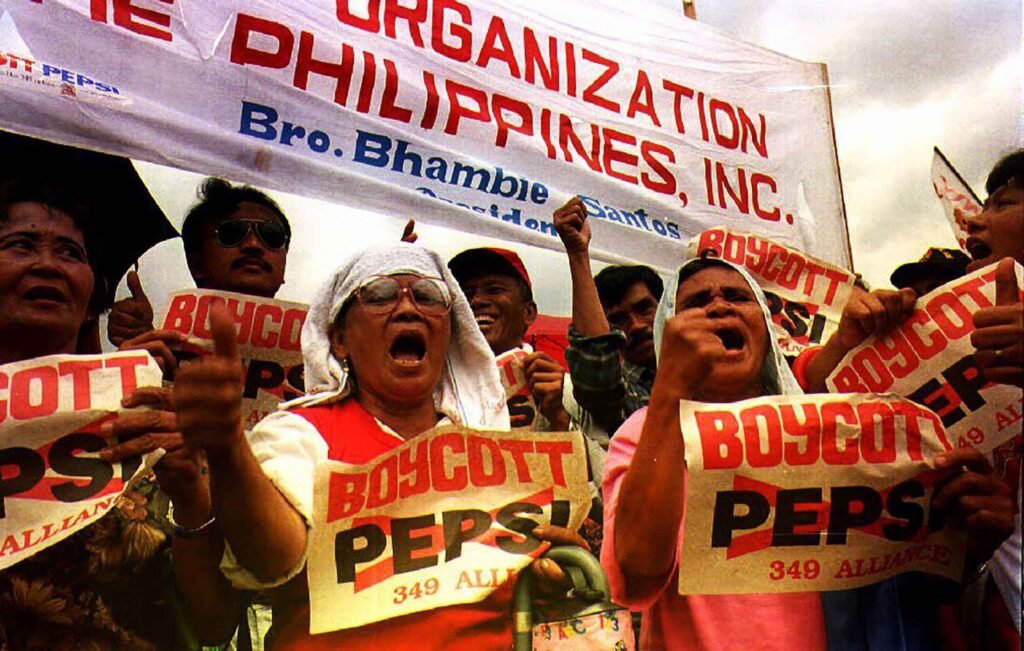
Number Fever Nightmare: Unveiling the Pepsi Scandal That Rocked the Philippines
Introduction:
In the scorching summer of 1992, the Philippines was gripped by a fever—a Pepsi fever. The air buzzed with excitement as Pepsi launched its grand “Number Fever” promotion, promising cash prizes to lucky winners who discovered a unique three-digit number on their bottle caps or carton labels. Little did the nation know that this marketing spectacle would soon turn into a national nightmare.

Setting the Stage:
During a time when dreams of a better life were as abundant as the tropical heat, Pepsi’s Number Fever captured the imaginations of Filipinos from all walks of life. The promise of instant wealth, ranging from a few thousand pesos to the life-changing one million, spurred a fervor of collecting bottle caps and cartons bearing the coveted numbers.

The Ill-Fated Number 349:
Amidst the sea of three-digit possibilities, one number stood out—349. It was the golden ticket, the key to a million-peso windfall that could lift families from the shackles of poverty. As households across the archipelago tirelessly hunted for this elusive combination, destiny seemed poised to play a cruel trick.
The culmination of this nationwide quest was set to unfold on live television. Families huddled around their TV sets, hearts pounding in anticipation. The stage was set for the grand announcement, a moment that would either fulfill dreams or dash them to pieces.
As the dramatic reveal unfolded, the nation collectively gasped. It wasn’t the sought-after 349 that echoed through the airwaves; it was a different number altogether. The joyous celebrations were replaced by a wave of shock and disbelief, leaving the Filipino people grappling with the harsh reality that their dreams might have been mere illusions.

The Unraveling:
The aftermath was swift and intense. Outraged Filipinos took to the streets, accusing Pepsi of betrayal and false advertising. Effigies of Pepsi executives were burned in protest, as the nation demanded justice for what they perceived as a grave deception.

Legal Battles and Settlements:
The fallout extended beyond the court of public opinion. Legal battles ensued, with numerous lawsuits filed against Pepsi for breach of contract and emotional distress. The legal skirmish would stretch on for years, leaving a lasting mark on the reputation of the global beverage giant.
Eventually, Pepsi agreed to compensate the aggrieved winners, but the settlements were far from the promised million pesos. The resolution left a bitter taste in the mouths of those who had dared to dream.
Legacy and Reflection:
Decades later, the Pepsi Number Fever incident remains a cautionary tale etched in Philippine history. It prompted regulatory changes to safeguard consumers and left an enduring impact on the nation’s collective psyche. The incident serves as a reminder of the fine line between marketing brilliance and corporate responsibility, cautioning companies against the perils of overpromising and underdelivering.
As the Philippines moved forward, the echoes of Number Fever lingered—a story of shattered dreams, legal battles, and the enduring quest for transparency and accountability in the corporate world.


Leave a Reply